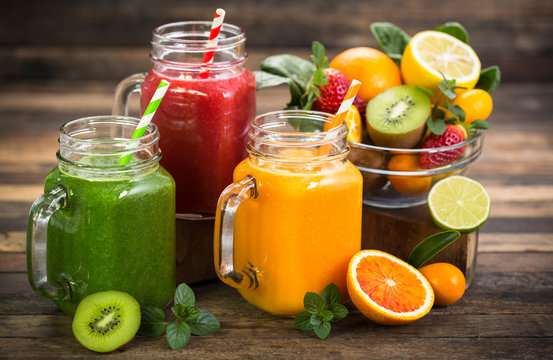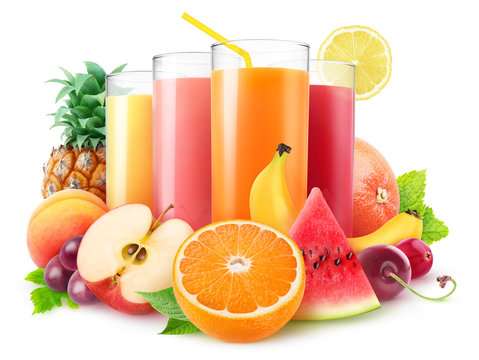When you need an energy boost, energy drinks are a great option. However, carbonated energy drinks have been closely linked to increased gastrointestinal discomfort. You might feel more energised without any bloating or burping by switching to non-carbonated energy drinks. There are times when you desire a chilly, energizing energy boost without the carbonation. You may feel gassy and bloated from carbonation, which is not the best feeling. This is especially true before a run or exercise session.

Energy drinks’ high sugar content is a drawback of the carbonation, which amplifies the effects of caffeine. You must choose a non-carbonated beverage if you’re seeking to reduce your sugar intake because of this.
Energy drinks are so widely used that there are countless types available. Although the majority are in fact carbonated, if you know what to search for, you can find several non-carbonated varieties.
A non-carbonated energy drink’s identification
For carbonated water, it’s crucial to search for the term sparkling on the can or check the list of ingredients to ensure you’re purchasing the right kind.
Additionally, for the purposes of this article, energy injections like 5 Hour Energy are not considered energy beverages. Some beverages have sugar and calories that are indicated, while others do not. For more information, refer to the nutrition facts panel.
It will be simpler to find a brand listed if it is a more well-known one. Most supermarkets and convenience stores carry energy drinks. Additionally, some shops might exclusively sell a particular flavor. If you’re looking for a certain flavor, health and supplement stores are your best bet because they typically have a wider selection of products.
What sets apart carbonated drinks from non-carbonated drinks?
The biggest distinction between the two is, of course, the carbonation, but aside from that, since they don’t include sugar or artificial sweeteners, non-carbonated drinks are frequently less sweet than carbonated drinks.
The fizz and effervescent quality of carbonated beverages is caused by the presence of carbon dioxide. In other words, because carbon dioxide molecules are soluble in water and produce carbonic acid, a toxic acidic solution, they are volatile.
To prevent the bubbles from escaping, this process moves quickly, giving you a drink that tickles your tongue and gives you a lovely effervescent sensation.
Non-carbonated beverages, on the other hand, don’t have a fizzy flavor or contain any carbon dioxide. Non-carbonated beverages lack that distinctive zing because the carbonation process is not used in making them.

Non-carbonated energy drink benefits
Increased Energy
Energy level improvement is the key advantage of non-carbonated energy drinks. Caffeine and other stimulants are typically found in non-carbonated energy drinks to help you stay awake and focused.
Because sugar is a source of carbohydrates, which are your body’s preferred energy source, it also helps explain why typical non-carbonated energy drinks include more sugar. Since the sugar digests so quickly, you’ll experience an immediate surge in energy.
Energy drinks with these components are ideal for lengthy car trips, as a pre-workout boost, or as an afternoon pick-me-up.
Higher level of athletic performance
Due to their high caffeine content, which has been shown to increase strength and power when consumed before to exercise, non-carbonated energy drinks have another advantage: they can improve your athletic performance.
The increased energy from the sugar is also advantageous for athletic performance, but due to their caffeine content, even the sugar-free versions of non-carbonated energy drinks are a great choice for improving your performance in the gym.
Since it takes caffeine about 60 minutes to reach its peak levels in your system, I advise drinking your energy drink about 30 minutes before working out. This would give you enough time to travel to the gym, change, and perform a thorough warm-up, allowing the caffeine to kick in just when you need it.
Zero bloating
Because they can be consumed without causing the bloating and digestive discomfort that are frequently associated with carbonated energy drinks, non-carbonated energy drinks are frequently preferred over carbonated energy drinks.
When taking energy drinks as a pre-workout boost, non-carbonated drinks are the best choice because they are easy to digest and won’t make you feel bloated. If you switch to an energy drink without carbonation, you can still enjoy the advantages of caffeine without the gastrointestinal discomfort.
For individuals who enjoy consuming energy drinks while competing in strength sports, this is a game-changer. You employ a breathing and bracing technique in strength sports like powerlifting, weightlifting, and strongman to preserve technique under large loads, but if you’re bloated from a fizzy drink and can’t brace properly, your performance will suffer.
You may get all the advantages of an energy drink without the digestion problems by switching to a non-carbonated energy drink, allowing you to brace effectively and lift bigger loads.
Reduced Heartburn
Compared to carbonated energy drinks, which are known to produce acid reflux, non-carbonated energy drinks can also lessen the symptoms. A non-carbonated energy drink can offer all of the other advantages of an energy drink while also delivering some comfort if you are prone to acid reflux.
Carbonated beverages make your stomach and oesophageal sphincter more pressurized, which leads to acid reflux. The symptoms of gastro-oesophageal reflux disease may be made worse by this increased pressure, which can also cause acid reflux.
You can increase your coffee intake without being concerned about any negative effects on your reflux because non-carbonated drinks don’t raise the same amount of pressure in your digestive tract.

Things to reminder!
I’d like to start out by saying that drinking water is the healthiest option, and calling an energy drink healthy isn’t really accurate.
Energy drinks that are marketed as being “healthy” are actually far better than their highly unhealthy counterparts.
Given that, the following are some issues to be on the lookout for:
Sugar level
Many energy drinks are loaded with sugar, and too much of it is undoubtedly bad for your health.
The first thing you should look for on an energy drink’s label is its sugar content.
In addition to causing tooth damage and weight gain, the energy you get from sugar is fleeting and comes with a crash.
Diabetes and other significant medical issues have also been related to excessive sugar consumption.
Choose an energy drink without sugar wherever possible, or at the very least, go with one that contains less sugar than most.
Content of caffeine
It’s crucial to examine the caffeine amount of your energy drink because the advises limiting your daily caffeine intake to no more than 400mg.
In addition to becoming you addicted, consuming too much caffeine can make you more anxious, give you headaches, and keep you up all night.
Other Things
Some energy drinks come with added substances that are designed to give you greater energy or focus.
B vitamins, for instance, assist your body in converting foods into energy. The energy drink functions more effectively as a result of these vitamins.
Another typical component of contemporary energy drinks is taurine, an amino acid that enhances mental performance when combined with caffeine.
It occurs naturally in the body and is also present in the majority of meats and fish.

Sue all the way!
Most energy drinks contain carbonation. To make them bubbly and delightful, they use carbonated water, although this isn’t always the best option. Some folks just don’t care for carbonated beverages, while others find that the water makes them feel bloated. There are thankfully many different kinds of energy drinks without carbonation.
Some people make an effort to live healthier lives, which frequently entails sticking to natural foods and avoiding additives whenever feasible.
Energy drinks without carbonation are uncommon. Even less common are the traditional energy drink-style ones. Finding items you like can be challenging as a result.
Perhaps it’s time to completely give up energy drinks if you’re really having trouble. Although they have their uses, energy drinks are not healthy. They are not always successful, either. They might even make you sleepy occasionally. You can locate something natural and caffeine-free, or you can choose coffee, which can be healthier.
I hope you have a better understanding about non-carbonated energy drinks after reading this post. I hope you stay healthy!
